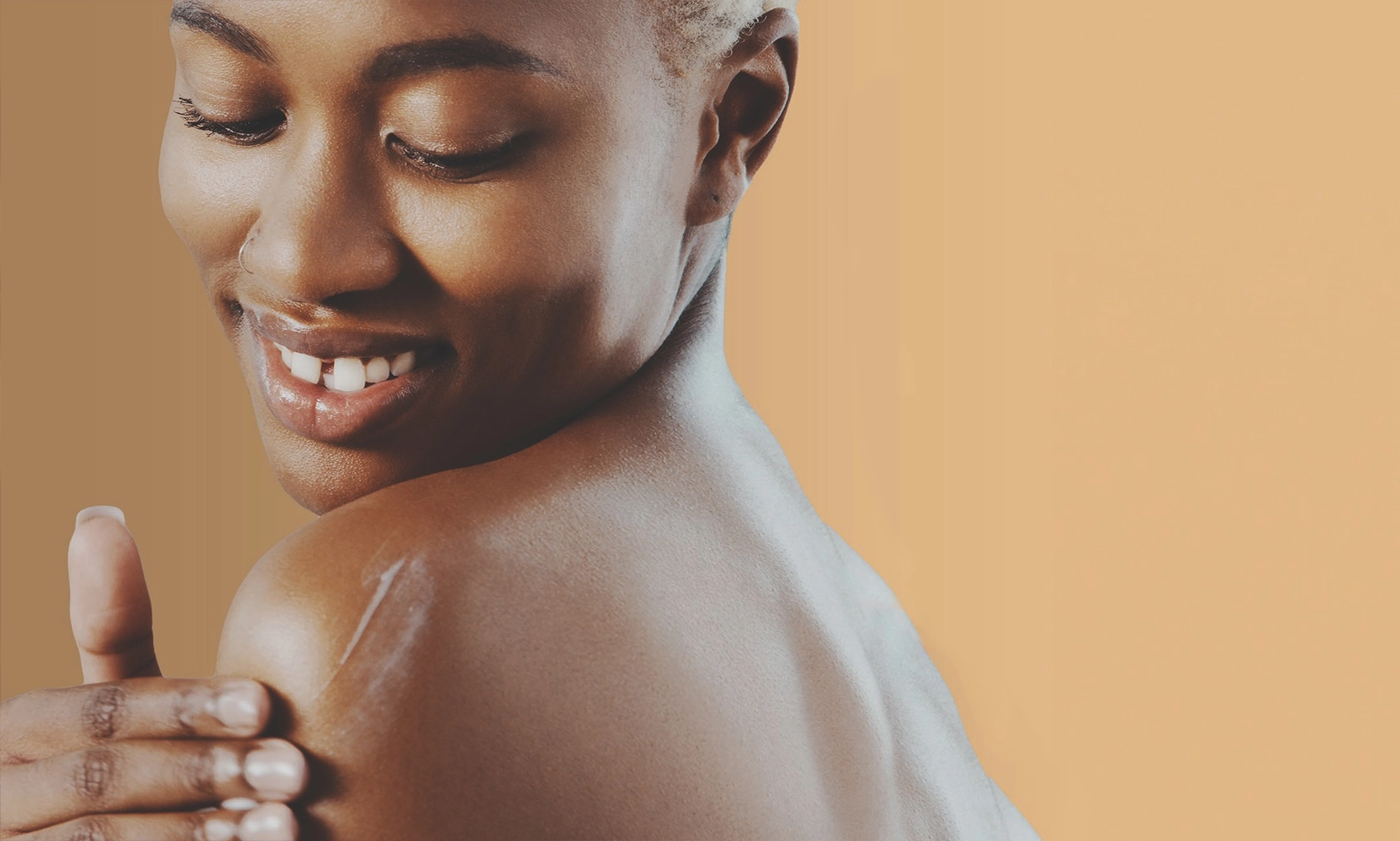Sensitive Skin
Learn what causes sensitive skin symptoms and how to treat your sensitive skin.
Is Your Skin Sensitive?
Nearly half of all people say they have sensitive skin, which can cause a feeling of tightness, dryness, itching, burning and redness. Sensitive skin is caused by nerve endings in the top layer of the skin becoming irritated. It is often the result of damage to the skin’s protective barrier – allowing irritants and allergens to penetrate the skin and cause redness and inflammation.
Sensitive Skin Symptoms:
Your skin flushes and turns red easily
You’re prone to rashes and bumps
Beauty products sting or burn
You have dry patches
Your skin feels itchy
You’re sensitive to the sun’s UV rays
You have broken capillaries on your nose and cheeks
Fragrances irritate your sin
Your skin reacts to weather changes
You break out easily
Sensitive Skin: Your Daily Care
Diving into the world of skincare can be intimidating for anyone — there seems to be an endless list of different kinds of gels and creams and oils, each for a different purpose, condition, and skin type. For people with sensitive skin, skincare can be even more overwhelming.
Have no fear! We’re here to tell you everything you need to know about dealing with sensitive skin: what to do, what not to do, and what ingredients to look for.
Sensitive Skin Triggers:
While some people are genetically predisposed to sensitive skin, many others are sensitized by their environment and lifestyle. Sensitive skin triggers include:
Pollution

Stress
Hormonal Fluctuations
Temperature Changes
Smoking
Alcohol
Diet
Cosmetic / Medical Procedures
Cosmetics and Soaps
Chemical and/or Synthetic Fragrances and Dyes
Sensitive Skin Treatment
While sensitive skin can appear anywhere on the body, it is most obvious on the face. It occurs when the skin’s natural barrier function is compromised, causing water loss and allowing penetration of irritants. Symptoms can worsen with exposure to the sun and certain ingredients in cosmetics and cleansers.
Sensitive skin needs a daily regimen of gentle cleansing and moisturizing with ingredients designed to nourish and calm. AVEENO® Colloidal Oatmeal formulations help seal in moisture, soothe and calm sensitive skin, and restore the skin’s moisture barrier. AVEENO® Calming Feverfew® formulations help reduce the appearance of redness and help calm sensitive skin.
Here are a few tips:
Cleanse thoroughly, but gently.
Use lukewarm (not hot) water.
Use mild, soap and fragrance-free cleansers that won’t over dry or irritate, compromising your skin’s moisture barrier.
Gently pat skin dry – don’t rub.
Avoid using scrubs and washcloths
Moisturize, calm and protect
Apply facial and body moisturizers to damp skin (within minutes of taking a bath or shower).
If prescribed by your doctor, apply any special medications first and then liberally apply moisturizer. For some medications, you may be advised to wait 15-20 minutes after applying before applying moisturizer, so be sure to follow your doctor’s instructions.
Use hats, clothing, and broad spectrum UVA/UVB sunscreens.
Lifestyle Changes can also Help Protect Sensitive Skin:
Detox
Rid your routine of chemical and environmental irritants in your personal care items, laundry items, household cleaners, furniture, paint, etc.
Be Wary of Bacteria
This means replacing your washcloth and pillowcase more often and tossing out old makeup and cosmetic products. Wash your makeup brushes often and let them air dry.
Test New Products
When you’re trying a new product, always test it on your wrist, arm, or behind the ear first before putting it on your face or more broadly on your body.
Avoid Your Triggers
As much as you can, avoid common triggers like harsh soaps, alcohols, chemicals and fragrances. Check the labels on your skin care products.
Use a Humidifier
Unless you live in a humid climate, use a humidifier to help your skin stay moisturized.
Manage Stress and Establish a Healthy Sleep Schedule
Stress and sleep are significant lifestyle factors that can affect skin health.
Could it be More than Sensitive Skin?
There are medical conditions that can cause sensitive skin symptoms. Rosacea, eczema, and allergic contact dermatitis are commonly mistaken for sensitive skin. Your dermatologist is your best resource to find the cause of your problem and develop a treatment plan to get and keep your skin clear.




